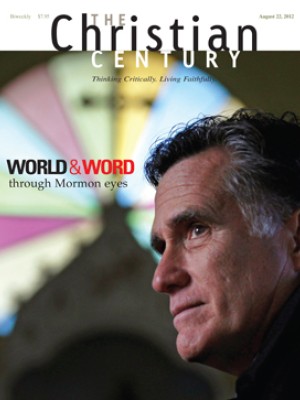Templeton gives $5 million to study immortality claims
Promising an “uncompromising scientifically rigorous” approach, a professor of philosophy at the University of California, Riverside, says he has received a three-year $5 million grant from the John Templeton Foundation to research beliefs and traditions about an afterlife and how those ideas affect humans.
“We will be very careful in documenting near-death experiences and other phenomena, trying to figure out if these offer plausible glimpses of an afterlife or are biologically induced illusions,” said John Martin Fischer, the principal investigator of the Immortality Project, in a July 31 news release.
Read our latest issue or browse back issues.
Some questions to be addressed, Fischer said, are why Americans who report near-death experiences consistently describe a tunnel with a bright light at the end of it, whereas in Japan individuals often find themselves tending a garden.
“We hope to bring to the general public a greater awareness of some of the complexities involved in simple beliefs about heaven, hell and reincarnation,” said Fischer, whose research has often focused on free will and moral responsibility.
“We think that free will is very important to us theologically and philosophically,” said Fischer. “And heaven in the Judeo-Christian tradition is supposed to be the best place. Yet we arguably wouldn’t have free will in heaven. How do you fit these ideas together?”
The Templeton Foundation frequently funds studies conducted through religion-and-science lenses or, in its words, acts as a catalyst for study of “the Big Questions of human purpose and ultimate reality.” The grant is one of the largest given to an individual at UC Riverside, about 50 miles east of Los Angeles, said chancellor Timothy P. White.






